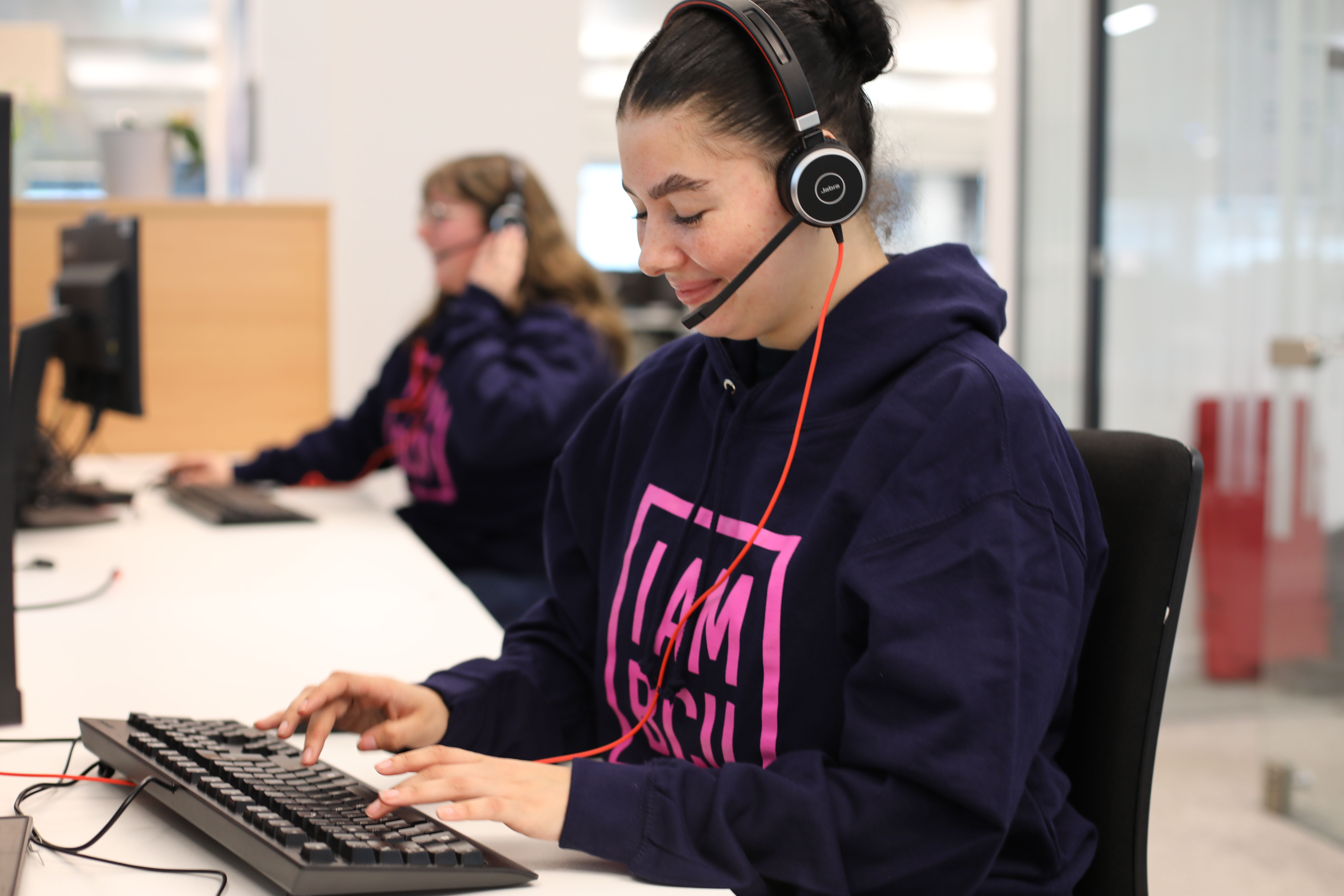How to look after your mental health and wellbeing at university
University is an exciting chapter of your life – and 99 per cent of the time, it really is. However, sometimes it can be challenging with the student lifestyle taking its toll on your mental health. With the stress of trying to keep up with your studies as well as keeping up with your social life, it’s natural to feel a little overwhelmed.
What is mental health and why is it important?
Mental health refers to your emotional, psychological and social wellbeing. Your mental health can impact your thoughts, feelings, relationships, physical health, and ability to enjoy life and cope with stress. Your wellbeing impacts how you feel day to day, how you make decisions, and how you respond to situations. It is common for our mental wellbeing to fluctuate, where some days we feel better than others.
Just as we look after our physical bodies when we exercise and think about what we eat and drink, it is important to consider our mental health in the same way.
To help start you off, we’ve put together some tips on how best to support your mental health and wellbeing at university. Don’t be afraid to try a few different strategies before finding out what works best for you.
How can you start to look after your mental health?
Keep active
Daily activity improves your physical and mental health. This doesn’t mean you need to start running marathons or going to the gym every day. There are many ways you can incorporate daily activity into your day – for example why not get out in nature, go for a run or walk, take up a sport or maybe pick a home workout on YouTube?
"I realised if I go outside at least once a day, for a twenty-minute walk at least I’d feel a bit better and happier about my day."
Vikki Tailor, a final year student at Birmingham City University's School of Media who studies BA (Hons) Media and Communication (Public Relations).
Stay hydrated
Water makes up nearly two-thirds of our bodies. You can’t function properly without it. Yet when we are busy, remembering to stay hydrated can be hard. Set a daily goal for your water intake, and keep a reusable bottle with you. Everyone is different but most people should try to drink around 1.5-2 litres of water a day.
Eat well
What you eat and drink can have a big impact on your mood. Eating a balanced diet gives your body the fuel it needs to function well. There are many free apps, online tools and resources that you can use to help ensure you’re getting the right balance of healthy nutrients each day. Try and cook meals using simple, healthy ingredients as much as possible, keeping takeaways to a minimum. Your body (and your bank balance!) will thank you later.
Sleep well
It might sound obvious, but having a regular sleep schedule will help your mind and body feel good. Science has shown that a regular sleeping pattern is more beneficial than actually getting more sleep, so try to go to bed and wake up at similar times every day. Try and create a positive sleep routine before bed by avoiding caffeine and the use of electronics. For more tips on having a healthy, sleep routine, check out The Sleep Council.
Manage your time
We've got some great tips on how to stay productive and motivated. Try to maintain a daily routine. Having structure in your day and knowing what activities or deadlines are coming up will help you avoid unnecessary stress. Start by keeping a simple daily or even weekly checklist. Make your to-do list achievable and realistic, no matter how small the tasks may seem. Whether it’s deciding to exercise, tidying your room or writing a paragraph of your essay, it will help you feel positive and productive when you can tick things off.
A routine helps you to cancel out the excessive free time that clouds your mind with negative thoughts and gives way for reflection and taking positive approaches to daunting tasks. Having routines in place is proven to reduce your stress levels which leads to improved mental health, resulting in more time to relax and less anxiety.
Connect with others
Building healthy relationships and having a good support network of people you can talk to is an important part of staying mentally healthy. Make plans with supportive family members and friends, or seek out activities where you can meet new people, such as joining a society, sports club, or support group.
Take some ‘me’ time
Finding pockets of time for yourself when you’re trying to keep up with all that university life has to offer can be difficult. But prioritising yourself and taking the time every day to do something you find relaxing is important for maintaining good mental health.
Whatever you find relaxing – from watching a series on Netflix, listening to feel good playlist, reading a book, talking to a friend or meditating, make sure you carve out time each day for it, even if it’s just for twenty minutes.
If you're feeling stressed, talk about it
A problem shared is a problem halved. Sometimes the pressure of studying can be a lot to handle - it’s completely natural to feel apprehensive. If you do find yourself feeling stressed or anxious, please don’t keep it to yourself. Talk to someone, whether it’s a friend, family member or your course tutor. There will always be ways to help you feel better about your situation!
Finally, we're here to help too
Our confidential Mental Health and Wellbeing team are there to offer advice to anyone who is thinking about coming to study with us. You don’t have to reach crisis point before you talk to us either. Our services are free, confidential and can be accessed on or near the site that you’re studying. We can offer both one-off general advice or longer-term support. Find out more here.

